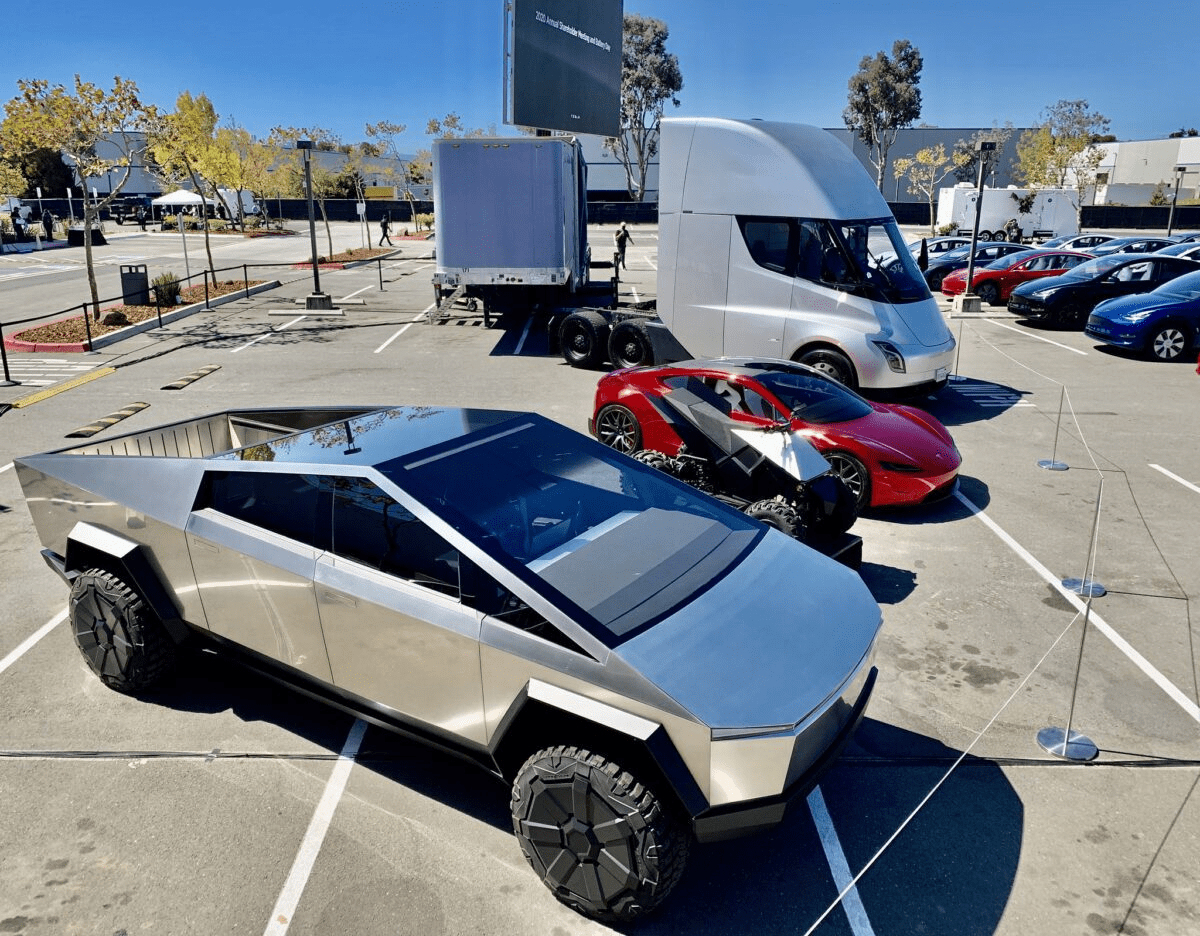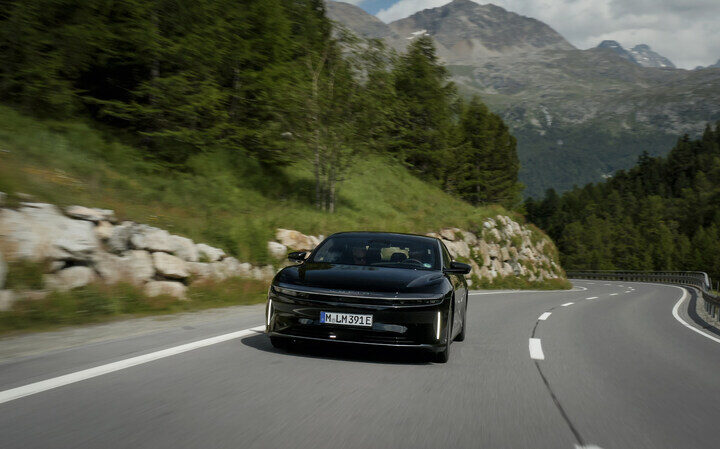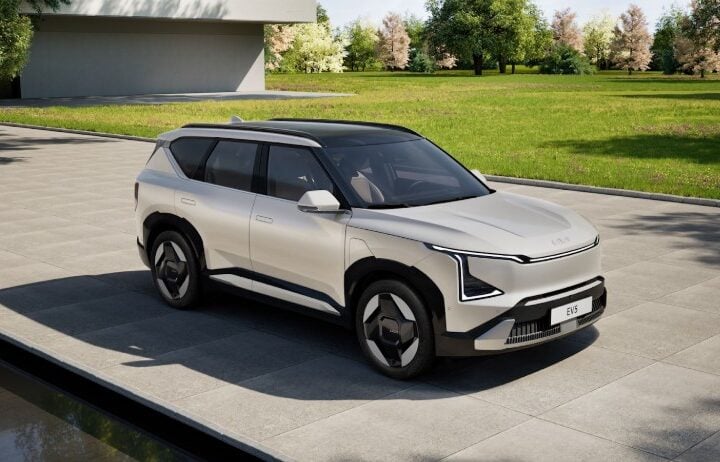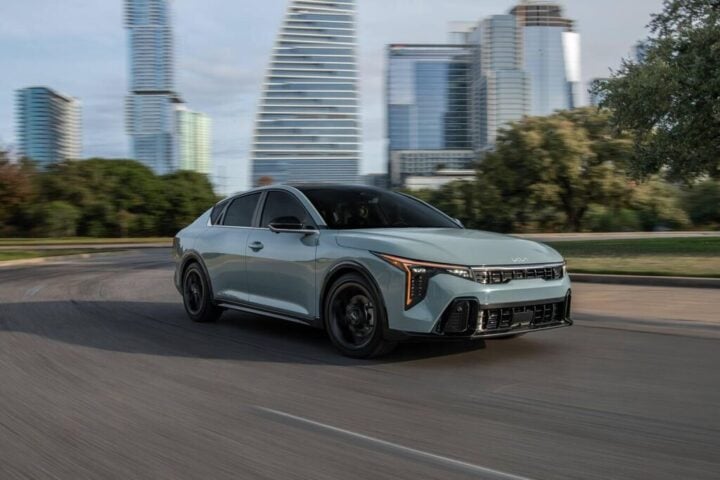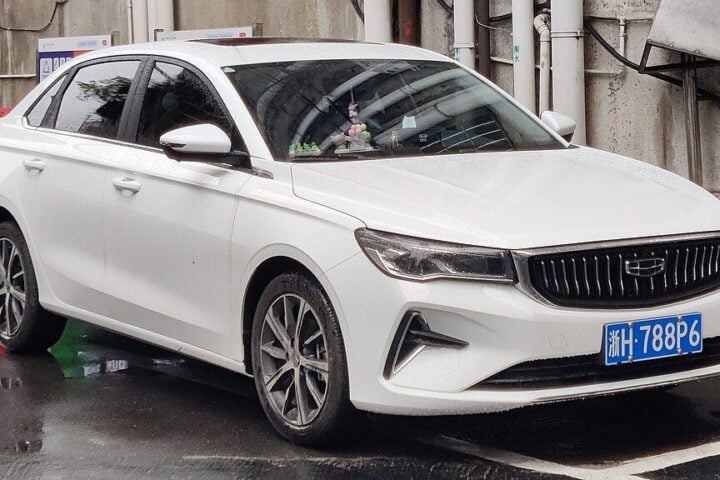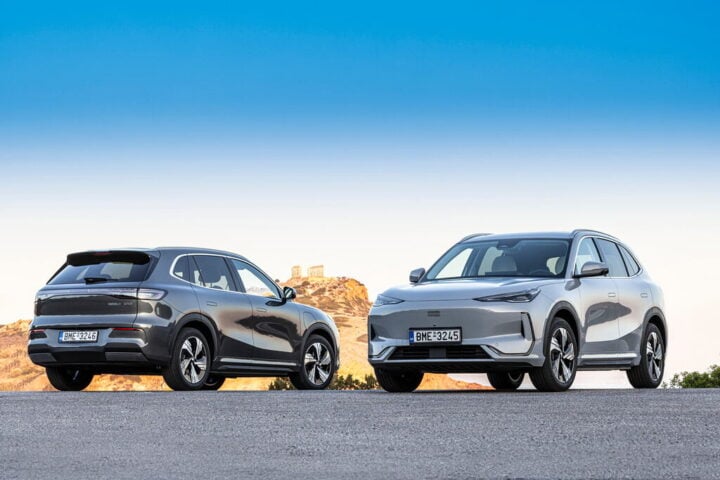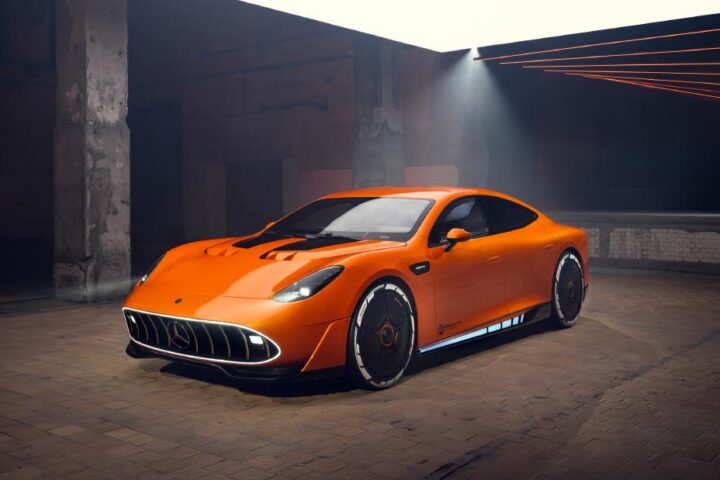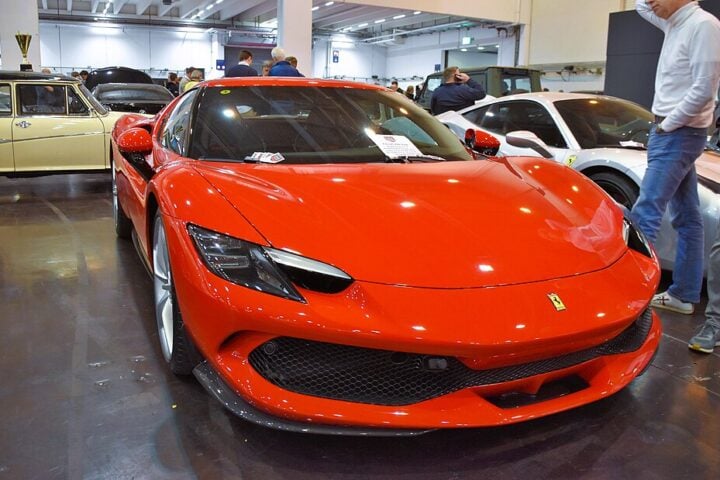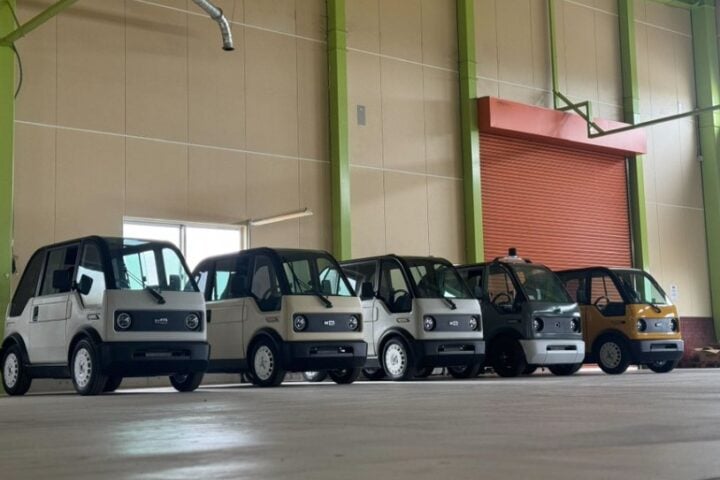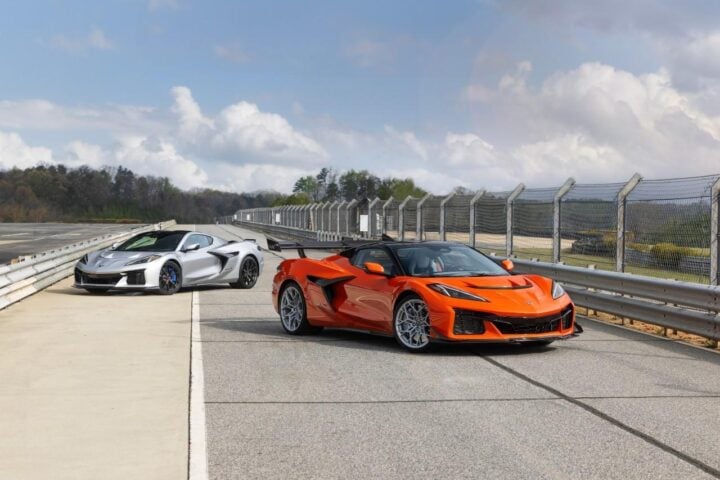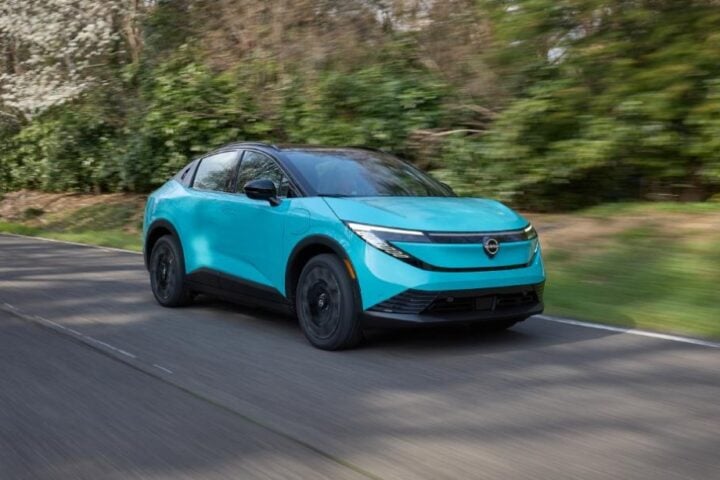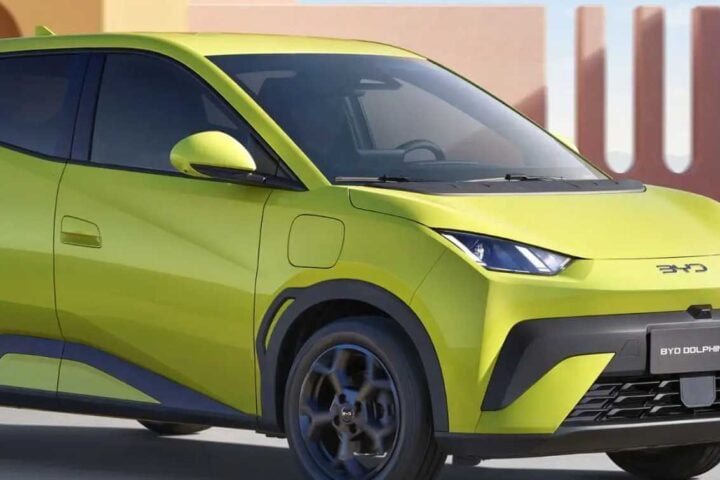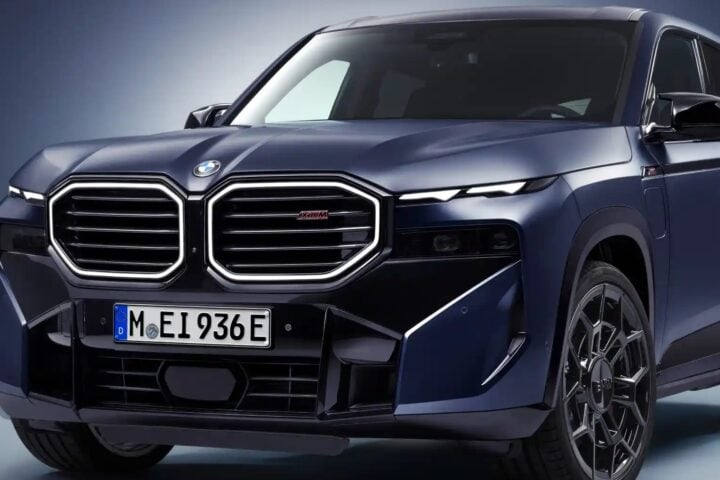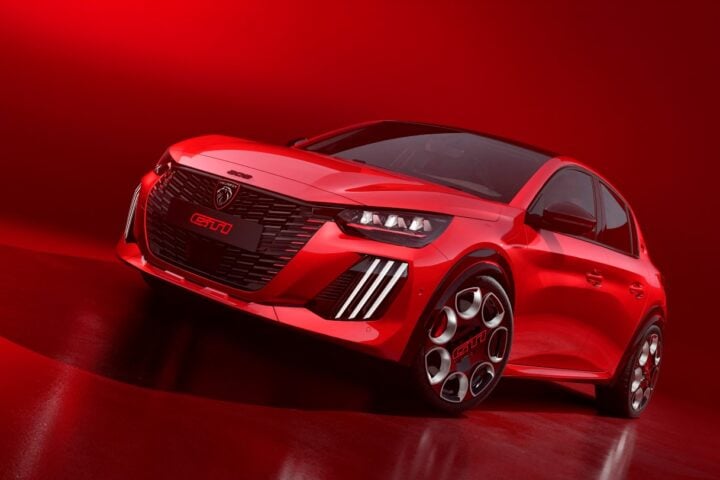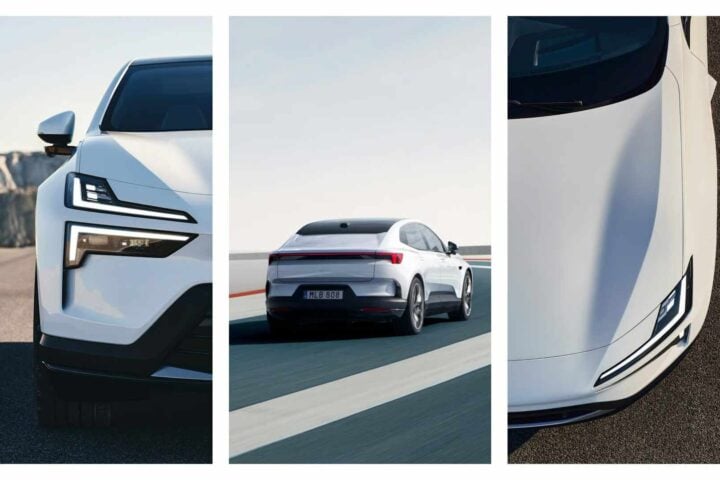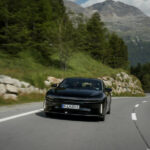Tesla recently announced its plan to introduce a 48V system for its electric vehicles, which is still a rare solution in the automotive industry. The shift from 12V lead-acid auxiliary batteries to 12V lithium-ion auxiliary batteries was the first move by Tesla towards the 48V low-voltage system. Tesla’s officials have confirmed that the newer lithium-ion batteries are expected to last for the lifetime of the car, with no need for replacement.
The debut of the 48V low-voltage system will kick off with the Cybertruck and all future electric vehicles, replacing the 12V system that was used until now. The 48V system will decrease the current by a factor of four, compared to the 12V system, and will also result in evident weight and cost savings.
Tesla’s steps towards the 48V system are considered necessary due to the rise in power demand for onboard electrical devices. At 12V, the wires become thicker, heavier, and costlier, making the upgrade to the 48V system essential and a more efficient solution. The increase in voltage is still believed to be safe, and the efficiency and performance might even increase with the new system.
Tesla’s newer 48V lithium-ion auxiliary battery system could be produced in-house, although this detail has not been confirmed yet. The automobile industry moved from 6V to 12V in the 1960s, and smaller vehicles might still use 6V, while bigger vehicles use 24V.
Tesla’s plans to use a 48V system are a game-changer for the electric vehicle market and will likely be adopted by other carmakers in the future. Tesla’s move to the 48V low-voltage system shows us how evolution in any technology based industry progresses one step at a time, eventually making technology affordable and accessible for all.
- $101 Million for LA Fire Housing Recovery: Thousands Still Displaced Six Months After 16,000 Structures Lost
- 490,000 Romoss Power Banks Recalled After Mid-Flight Fire Forces Emergency Landing
- Victoria Expands Deer Hunting to National Parks: 130,000 Hectares Open Despite Conservation Backlash
- Children with Autism and ADHD Process Common Plastic Chemical BPA 11-17% Less Efficiently
- Earth’s Rotation Accelerates: 3 Summer Days Lose 1.5 Milliseconds, Scientists Prepare for Historic Negative Leap Second
